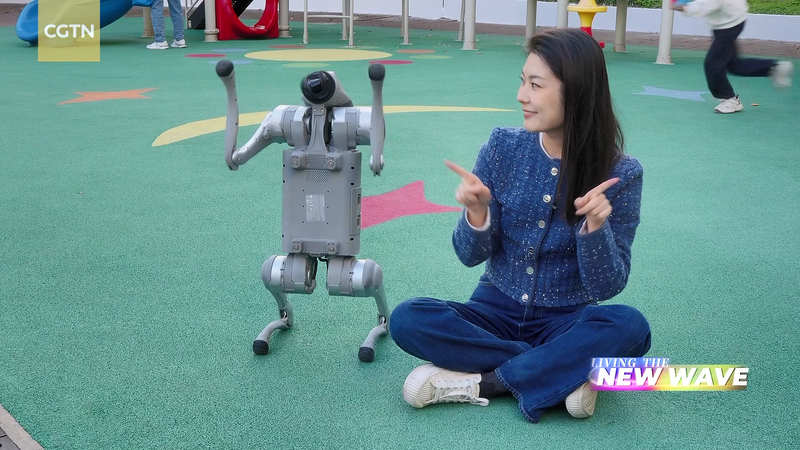From Plush Toys to Robot Pets
As of late 2025, AI companionship is no longer science fiction. Plush toys with built-in sensors now send you encouraging messages when you’re stressed, while autonomous robot pets roam neighborhoods around the world, offering interactive games and even fetching small items.
The Rise of Mood-Aware Holograms
Beyond physical forms, holographic characters have recently stepped into our living rooms. Powered by computer vision and sentiment analysis, these avatars read your facial expressions and adjust their tone—cracking a joke if you seem down or offering a calm presence when you’re anxious.
Why It Matters
Industry reports show global spending on AI companionship platforms grew by 60% this year, and market forecasts expect investments to surpass $3 billion by 2026. A recent survey across G20 nations found 58% of young adults said AI companions helped reduce feelings of loneliness.
Looking Ahead
For entrepreneurs, digital nomads, and thought leaders, AI companions offer both opportunity and challenge. While they can fill social gaps when human contact is scarce, experts like AI ethicist Dr. Lina Hassan warn of privacy concerns and the importance of maintaining emotional boundaries. Future innovations may include multi-sensory VR rooms and real-time storylines that adapt to your mood.
What do you think? Have you tried an AI companion yet? Share your experience in the comments.
Reference(s):
From plush toys to holograms: The growing world of AI companionship
cgtn.com




